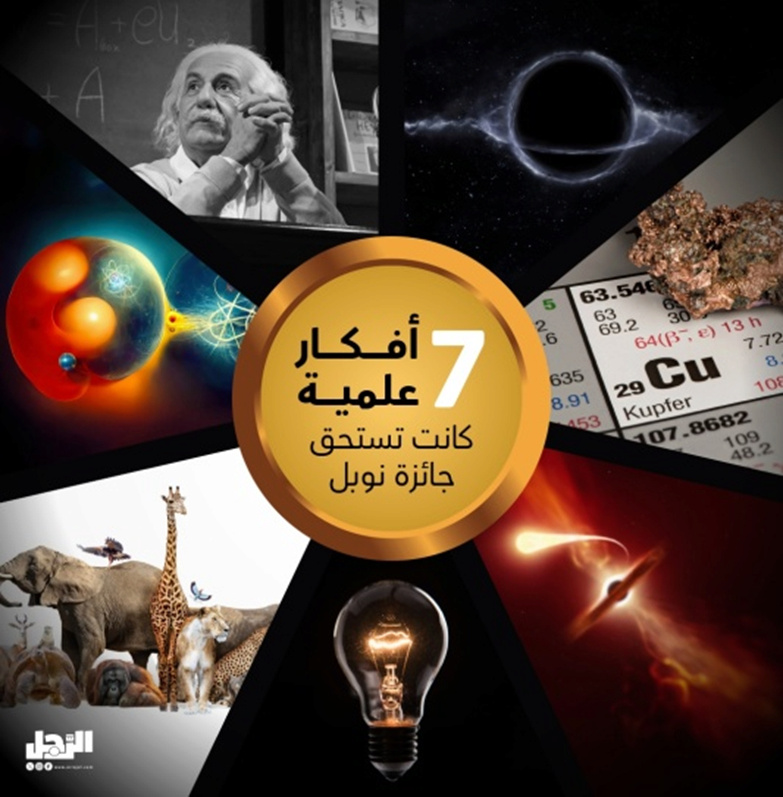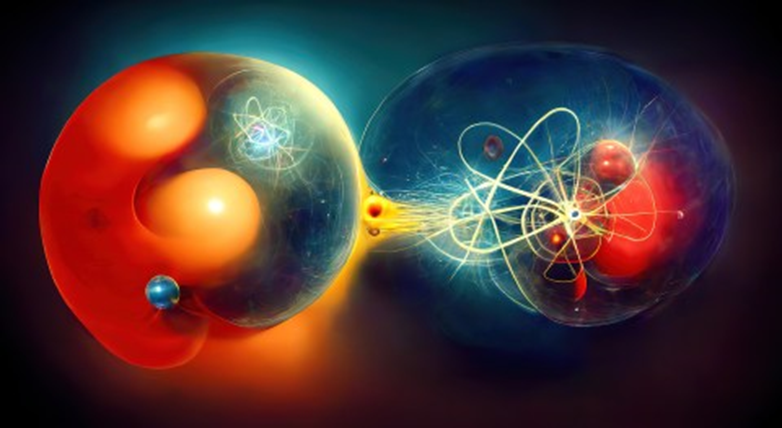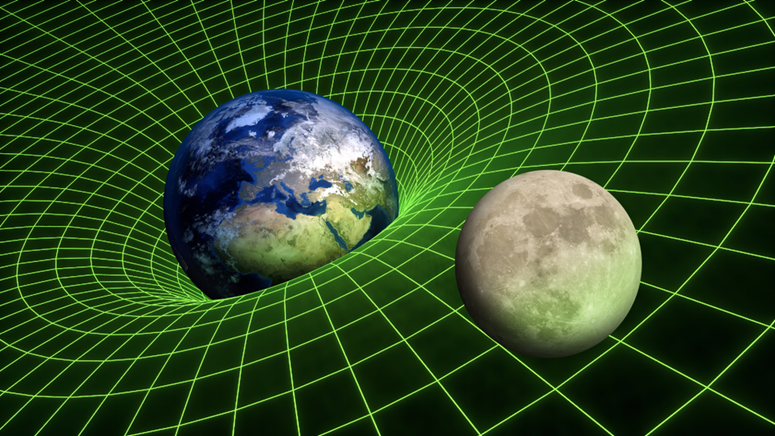? 7scientific discoveries that deserved to win the Nobel Prize.. Do you know them

Before the famous Swedish inventor Alfred Nobel died, and as a sign of his remorse following the invention of dynamite in the 1860s, and the sweeping devastation that resulted from that, he willed that the wealth he earned from this ill-fated invention be allocated to the great people who benefit humanity and devote their lives to nothing but its progress. .
Since then, the Nobel Prize has been awarded in December of each year to exceptional contributions in various fields, from literature and economics to physics and chemistry, noting that the winners are announced at the beginning of October of each year.
On the occasion of the arrival of this awaited month and the announcement of the winners of the Nobel Prizes for the year 2023, we decided to shed light on an important topic related to this major event, which is the scientific achievements that have been wronged by the Royal Swedish Academy of Sciences - which awards the prize to the winners - in a way that raises many question marks. The seven scientific achievements that we will mention are not ordinary. Rather, they can be described as earth-shattering and pivotal in the history of science, and the idea that they did not win a Nobel Prize is worth contemplating.
Dark matter

An imaginary image of dark matter - Source: Shutterstock
In the 1970s, scientists Vera Rubin and Kent Ford noticed that the stars at the edges of galaxies rotate at almost the same speed as the stars at their centers.
This discovery was surprising and contradicted the laws of gravity understood at the time; According to what we understood at the time, stars close to the center of the galaxy were supposed to have greater speeds as a result of their mass, and more importantly because of their greater gravity, which is responsible for increasing their speed compared to distant stars, especially those wandering at the edges of the galaxy.
This discovery raised confusion, raising hypotheses, the most prominent of which is the existence of a hidden substance with enormous gravity, which makes all stars move at high speeds regardless of their center, which is what actually happened.
This matter is known as “dark matter”, and what is interesting is that it constitutes about 85% of the matter in the universe, and on top of that it is invisible - but is known for its gravity -; That is, everything we see around us is only 15% of the cosmic matter. As for the benefit of this discovery, it represents the beginning of a new era of space research and the reshaping of our concept of the universe, and this is what many consider to be the ultimate goal of humanity. How did this great scientific contribution not win a Nobel Prize? no one knows!
Periodic table of chemical elements

Periodic table of chemical elements - Source: Shutterstock
The periodic table is one of the most important pillars of chemistry since its discovery in 1869 by the Russian scientist Dmitri Mendeleev, until today, regardless of the many developments that have occurred in it.
The genius of this “discovery” lies in establishing our understanding of the universe in general, and of the chemical elements in particular, as Mendeleev arranged the periodic table in a way that enabled scientists to predict the chemical elements before they were discovered, and even their properties, as if the periodic table was a tool for anticipating the future!
As a result, many expected that the first prize in chemistry would go to Dmitri Mendeleev, but the Royal Swedish Academy of Sciences had another opinion. The prize was given to the scientist "Jacobs van't Hoff" for his pioneering contributions in the field of physical chemistry, and the great discovery of "Mendeleev" was overlooked, perhaps because of his age and perhaps for another reason. The important thing is that he did not win the prize.
It is worth noting that the periodic table, or rather “Mendeleev”, was nominated for the award in 1905 and 1906, but he did not win either because a member of the jury saw that this great discovery was outdated and that everyone had become familiar with it.
Death of black holes

An imaginary image of black hole radiation - Source: Shutterstock
One night in the 1970s, as the famous scientist Stephen Hawking prepared to fall into a deep sleep, an idea came to his mind that he would later describe as a “moment of ecstasy.”
At that time, it was believed that black holes were immortal and indestructible, but what Hawking proved refuted this false belief and astonished many, perhaps not because of the idea of the death of black holes per se, but rather because of the possibility of proving this discovery in the first place, simply because black holes They live for billions, if not trillions of years, and then it is almost impossible to see them die, and perhaps this is what prevented Hawking from winning the Nobel Prize.
But because mathematics does not lie, we can rely on Hawking's documented research in the field of theoretical physics beyond a reasonable doubt and assert that black holes can die. By the way, the reason for this is believed to be what is known as "Hawking radiation", which makes... Black holes lose mass and thus evaporate or in other words "die".
the electric lightbulb

The well-known scientist, Thomas Edison, was not interested in observation as much as he was interested in the practical side of the things he saw, to the point that some see him as more of a businessman than a distinguished scientist or inventor, but his invention of the light bulb was not just a passing invention, but rather a real revolution in the history of the world. Humanity deserves to receive all possible praise. The electric light bulb serves as a symbol of science and enlightenment - literally - so why did this great invention not win a Nobel Prize?
The reason may be the antiquity of the light bulb - such as the periodic table - or the well-known criticisms against Thomas Edison himself, and the famous stories of his struggle with Nikola Tesla, or the reason may be as far removed as possible from what we mentioned. The important thing is that the light bulb did not win a Nobel Prize, and this is a strange thing. .
Tree of the life

Before microbiologist Karl Woese revealed his revolutionary method of classifying microbes using what is known as the Phylogenetic Tree, scientists were classifying these microorganisms according to their physical forms, and this was an inadequate method.
When Woz presented us with the tree of life, classifying microbes according to their genes, new horizons became clear, thanks to which we identified a new class of single-celled organisms known as Archaea. In addition, Woese's discovery later helped scientists classify the various microbes that live in our bodies and affect our health, making them easier to study and easier for us to resist.
Quark: The smallest component of matter

American physicist Murray Gell-Mann won the Nobel Prize in 1969 for his discoveries and contributions related to the classification of elementary particles and their interactions, but he did not win the prize for his discovery of quarks, which is considered one of the most important scientific contributions of the twentieth century.
You can imagine that quarks are the smallest particles we know of so far, and they are the building blocks that make up protons, neutrons, and the rest of the components of the atom.
The discovery of quarks is not attributed solely to Gell-Mann, as it was discovered by the physicist Georg Zweig at about the same time. When the quark model was presented in 1964, it was not supported by much experimental evidence, and quarks were not proven practically until the 1970s at the Center for Stanford National Linear Accelerator Laboratory (SLAC).
Theory of Relativity

Curvature of the time grid - Source: Shutterstock
Everyone may know that Albert Einstein won the Nobel Prize at some point in his life (specifically in 1921), but what many do not know is that that award was not given to Einstein in honor of the theory of relativity, but rather for his interpretation of the photoelectric phenomenon.
weird! Thanks to the theory of relativity, our understanding of the nature of time and space, and thus of gravity, has changed. It is enough that the theory is cited as an example in a barrage of scientific, or rather physical, discussions, as an indication of the genius of human production and its countless daily applications.
A report published by The Guardian newspaper attributed the reason why “Relativity” did not win the Nobel Prize to the political situation that was complex at the time, but personally I believe that the reason is due to the absence of the practical side of the theory at that time, and to us in the photoelectric phenomenon itself, and other contributions that won the award. - almost except for the light bulb - is the best proof of that.
Source: websites

